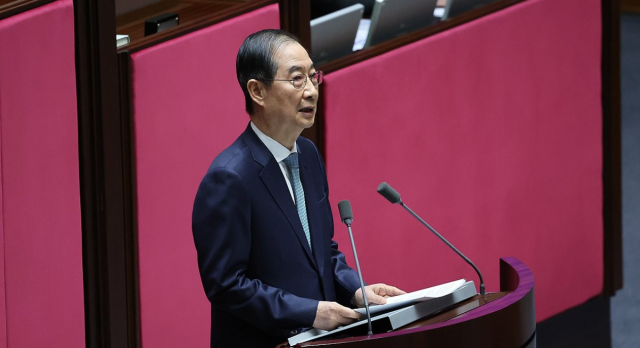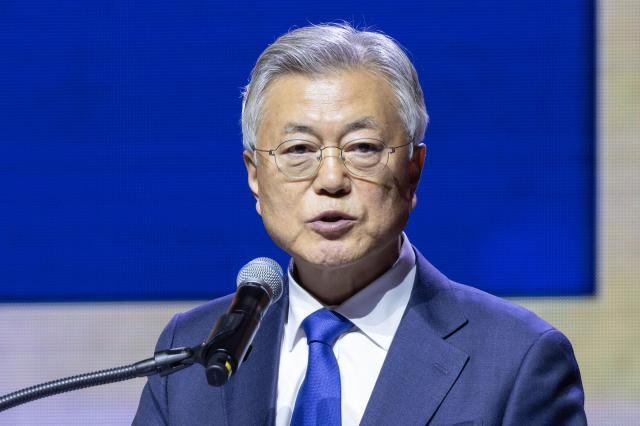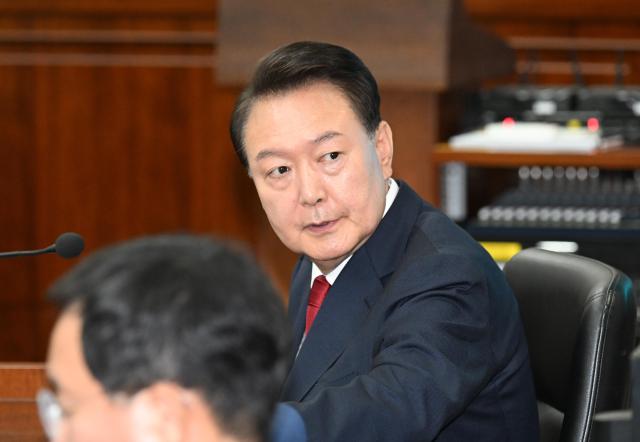
In a 20-minute-long verdict read out live on television, presiding justice Moon Hyung-bae began by explaining the trial's constitutional and procedural legality before delivering the court's decision.
Moon said that Yoon's impeachment trial over his Dec. 3 declaration of martial law fulfills the legal requirements, dismissing Yoon's claims that the National Assembly had abused its power in pursuing his impeachment.
He added that even though martial law was lifted shortly after, it did not invalidate the grounds for impeachment.
He also pointed out Yoon "betrayed the public's trust in the president with his abrupt declaration, which constitutes a grave violation of the Constitution."
Yoon, who attended most of his hearings since mid-January to defense himself, insisted that the declaration of martial law was a legitimate exercise of presidential power to resolve a deadlock in state affairs, which he claimed was caused by the main opposition Democratic Party's abuse of its parliamentary majority through a spree of impeachment attempts against key officials who opposed the party, along with other politically motivated obstructions.

He added that Yoon's extreme measures including the deployment of military personnel to storm government facilities such as the National Assembly and the National Election Commission, along with the alleged attempt to arrest a handful of lawmakers "violated his duty to protect the lives of the people" as well as the "principles of democratic values and the rule of law."
With Friday's ruling, which came about four months after the National Assembly voted to impeach him on Dec. 14, Yoon was immediately stripped of his post, becoming the second president to be forced out of office, after disgraced former President Park Geun-hye in March 2017.
He is required to vacate the official residence, as he will be treated like any ordinary citizen.
Voters must now go to the polls within 60 days to elect a new president, while Yoon faces criminal prosecution on charges of insurrection, abuse of power, and other allegations.
Under the law, an acting president must set a date for the snap election at least 50 days in advance, making early June the most likely option given the short timeframe for parties to select their candidates.
Copyright ⓒ Aju Press All rights reserved.





View more comments